Volunteerism for collective healing
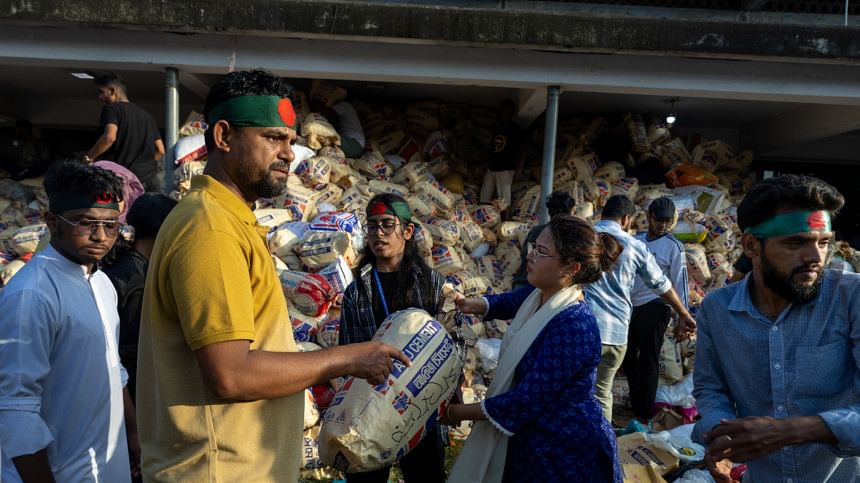
After 15 years of bottled-up anger and frustration, Bangladeshis seem to have found the love for their newfound political freedom and are exercising it to varying degrees of success. Some have generated the ire of many, for instance, the cancellation of HSC examination due to protests held by the students. Some have been marked as conspiracies, such as the movement and subsequent protests staged by the members of Ansar. But most of all, what has been heart-warming is the groundswell of support for victims of flood in the 11 districts which have been ravaged by the recent floods.
Quite a lot has been written already about who shares the responsibility and what caused the flood to affect human lives at such scale and speed, signalling high time that more equitable water sharing arrangements are reached with our neighbours. However, what was markedly different this time was the type of response it elicited from people of all walks of life to support the victims of the flood.
For many years, volunteerism and community engagement seems to be in decline, oftentimes attributed to the youth spending increasingly more time on online platforms. However, that myth was convincingly dispelled during the student protest, which toppled a government that everyone thought was firmly anchored to power. The young people and students followed that revolution by taking charge of community responsibilities—from assuming traffic control duties to cleaning up streets. So, naturally, when the flood hit the country, they stepped up yet again.
Social media platforms were full of photos and posts of students leading a massive charity drive, collecting donations, organising aid packages, and meticulously keeping records of all the proceedings. This newfound sense of responsibility towards the country and its people, at such a mass scale, was hard to find in the last decade or so. It seemed people had given up hopes with their voting rights and felt an abject sense of powerlessness, which resulted in a general apathy towards people who were suffering.
For the first time in many years, people from all walks of society seem to feel that change is possible and within reach if one only tries. This sense led to the creation of massive crowd generated funds to support the flood victims and a way of stepping up to volunteer in such a big way. It was also heart-warming to see the chief adviser sitting down with leaders from the prominent NGOs to try to understand what is needed on the ground, as opposed to shoving down a top-down plan, which NGOs would have to implement. As mentioned after the meeting, by the executive director of BRAC, this type of proactive engagement from the head of the government in the face of such a national disaster is the first of its kind.
Of course, collaboration between the government and the NGO sector is nothing new in Bangladesh, but the approach of humble inquiry and patiently engaging with the sector as a partner is refreshing. One NGO, after their initial assessment, declared that the loss of lives and resources could amount to approximately Tk 1,000 crore. Regardless of the number— which will be a big one—there is need for effective coordination among different arms of the government, NGOs, and various volunteering groups and individuals. Significant amounts of resources are routinely wasted in otherwise well-meaning relief efforts as some of the most remote communities—already marginalised due to geographic isolation—do not get aid support whereas the more easily accessible communities are glut with relief items, which eventually find their way into the open market.
More than 5 million people are affected by the recent floods and their needs are well understood best by people who are closer to them, on the ground. Coordination mechanisms among agencies and other stakeholders may not be the most interesting topic to talk about but is much needed in the face of such natural disasters, which is being exacerbated by climate change.
Let us ensure that this renewed zeal for volunteerism doesn't die down and can help people of all ages find purpose and empathy for their fellow citizens. Research shows that volunteerism fosters a sense of solidarity and mutual trust, which are essential for creating more inclusive societies. It can also significantly enhance social and mental well-being.
As a nation we need collective healing. Perhaps standing up for others, regardless of one's political or religious identity, could be one way to achieve that. The resilience of our nation has been cited and used as an example almost to a fault by all of us in one way or the other. But it remains our strongest feature as a country and closest to a national identity that we have. These acts of community service and volunteering to stand up for others should also become a defining characteristic of the people of Bangladesh.
Rakib Avi is a development worker and a graduate research assistant at University of Georgia.
Views expressed in this article are the author's own.
Follow The Daily Star Opinion on Facebook for the latest opinions, commentaries and analyses by experts and professionals. To contribute your article or letter to The Daily Star Opinion, see our guidelines for submission.

 For all latest news, follow The Daily Star's Google News channel.
For all latest news, follow The Daily Star's Google News channel. 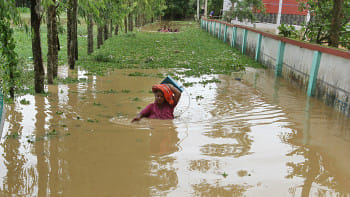


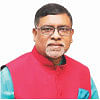
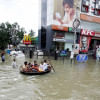
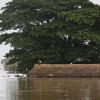
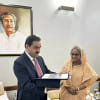



Comments